

















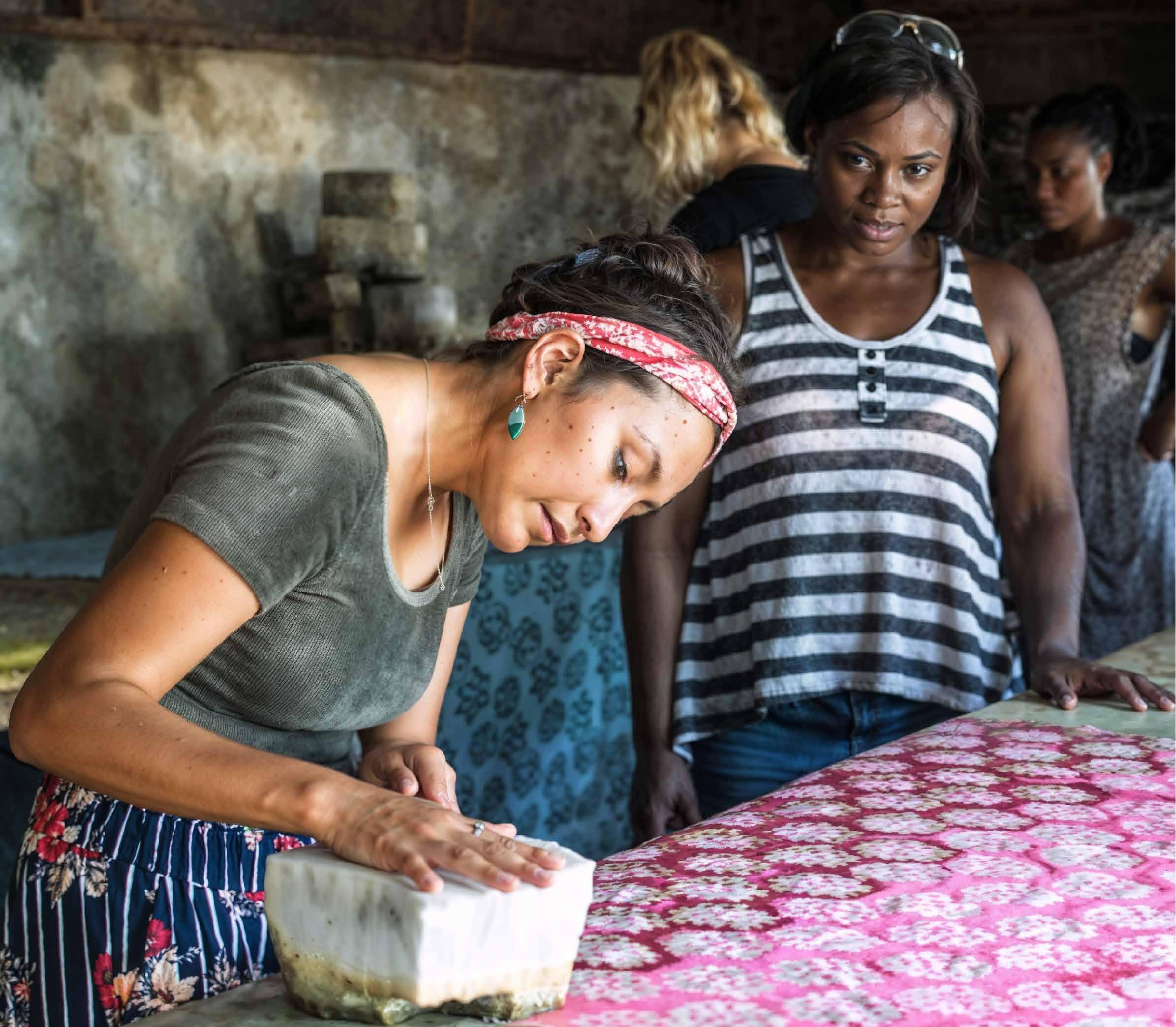

7 days from $1,643 per person sharing, land package only
Explore the beauty of Ghana on a 6-night/7-day
immersive journey, where creativity meets tradition. Discover vibrant history, diverse cultures, and artisanal craftsmanship passed down through generations.
✨ Immerse yourself in Ghana’s creative heritage
✨ Learn age-old artisanal skills from master craftsmen
✨ Experience breathtaking landscapes & histori cal sites
✨ Connect with local communities & traditions
�� Book Your Spot Today & Experience Ghana Like Never Before!
�� Terms and Conditions apply.
Physical Activity Level
3
Medium
Refer to our website for more information.
Your Tour Price Includes
• Accommodation (comfortable and locally inspired stays)
• Private Transportation throughout your journey
• Expert Private Tour Guide for cultural insights
• Batik Making Workshop – design your own West African textile
• Black Soap Making Workshop – uncover the secrets of traditional skincare
• Accra City Tour – explore Ghana’s vibrant capital
• Aburi Botanical Gardens – a lush tropical retreat
• Kakum National Park & Canopy Walkway – walk above the rainforest
• Cape Coast Castle Tour – a poignant journey through history
• Delicious Meals (only meals indicated in the final itinerary)
From $1,643
Important Package Information
�� Original Price: $1,972
�� Discount Price: $1,643 (double occupancy)
�� Minimum Group Size: 6 travelers
✈ Airfare not included (but can be arranged)
Dear Valued Travelers and Partners,
February is a month of reflection and celebration—a time to honor Black History Month and the rich contributions of Africans and the African diaspora. This month, we take a deeper look at how Black history connects to Africa and how Ghana is at the center of a movement empowering Black entrepreneurs worldwide.
Ghana continues to shine as a global cultural hub, welcoming the diaspora not only for heritage reconnection but also as a business and investment destination. As we explore the stories of Black-owned businesses flourishing in Ghana, we see a new wave of entrepreneurs choosing the country as their home.

https://landtours.com/ https://landtours.com/ https://landtours.com/ https://landtours.com/
https://landtours.com/
https://landtours.com/
https://www.instagram.com/landtoursgh/ https://www.instagram.com/landtoursgh/ https://www.instagram.com/landtoursgh/ https://www.instagram.com/landtoursgh/ https://www.instagram.com/landtoursgh/ https://www.instagram.com/landtoursgh/ https://www.instagram.com/landtoursgh/ https://www.linkedin.com/company/landtours/ https://www.linkedin.com/company/landtours/ https://www.linkedin.com/company/landtours/ https://www.linkedin.com/company/landtours/ https://www.linkedin.com/company/landtours/ https://www.linkedin.com/company/landtours/ https://www.linkedin.com/company/landtours/ https://www.linkedin.com/company/landtours/ https://www.linkedin.com/company/landtours/ https://www.linkedin.com/company/landtours/ https://www.linkedin.com/company/landtours/ https://www.linkedin.com/company/landtours/ https://www.linkedin.com/company/landtours/
The aviation industry is also making Ghana more accessible. Virgin Atlantic’s return to Accra marks another milestone in connecting Ghana with the rest of the world, reinforcing its status as a premier travel hub in West Africa.
This issue wouldn’t be complete without celebrating the elements that make West African culture vibrant—food and fashion. Fried plantain, a simple yet essential dish, is prepared uniquely in Ghana, Nigeria, and Ivory Coast. We explore the different styles and the traditions behind them. We also spotlight Lisa Folawiyo, a Nigerian designer making waves in the international fashion scene with her contemporary African designs.
As we embrace the significance of this month, let’s continue to celebrate our heritage, invest in our communities, and welcome the world to West Africa.
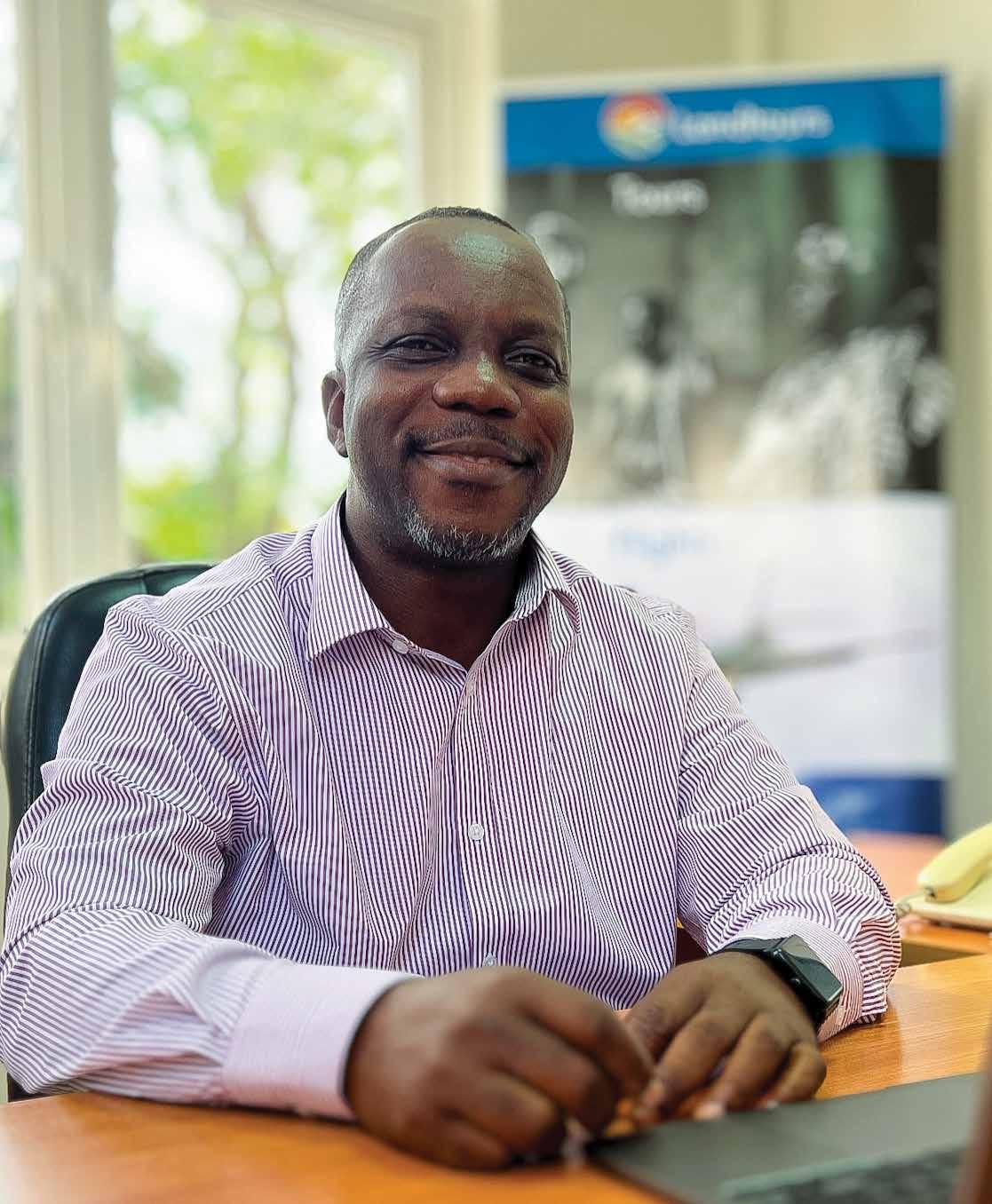

6
february 2025 | issue #10

6 ghana: a rising hub for black entrepreneurs
8 fried plantain: a west african classic
10 origins of black history month
14
lisa folawiyo: redefining african fashion
Lisa Folawiyo is transforming Ankara fabric into high-end fashion, blending traditional prints with modern luxury.

Across West Africa, fried plantain is a staple that brings people together. 16 14 10
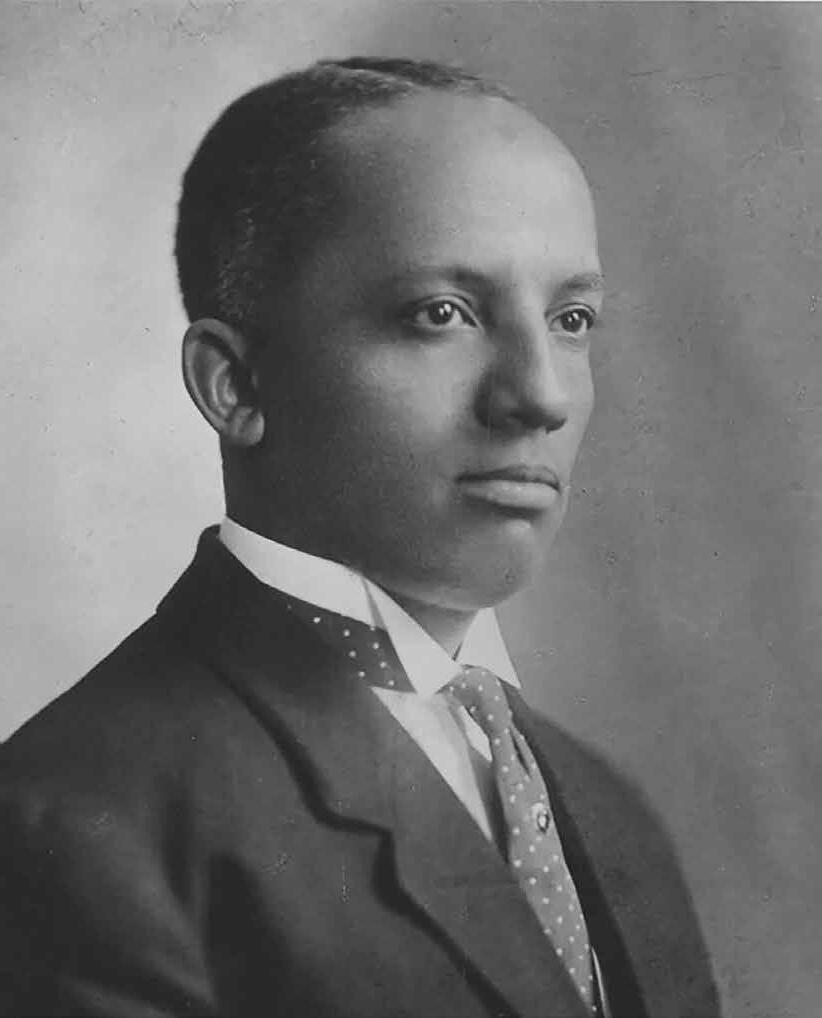
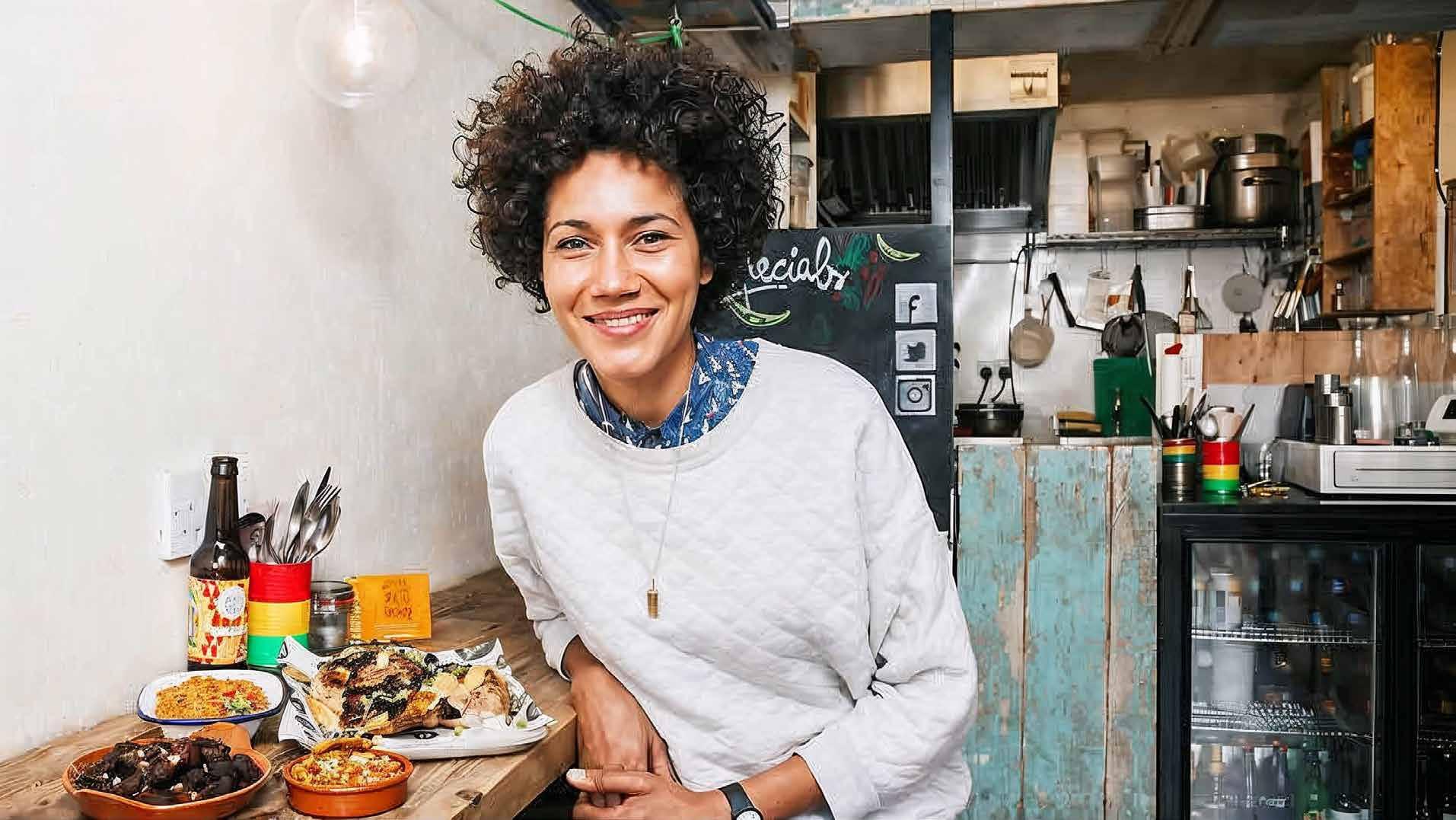

In recent years, Ghana has positioned itself as a thriving business hub for Black entrepreneurs and returnees from the diaspora. With stable governance, a welcoming culture, and increasing foreign investment opportunities, the country is attracting a wave of African American and Caribbean entrepreneurs looking to build sustainable businesses on the continent.
Why Ghana?
Supportive Business Policies Government initiatives like the Diaspora Affairs Office provide assistance for returnees starting businesses in Ghana.
Booming Sectors From agriculture and tourism to technology and fashion, Ghana is offering opportunities in high-growth industries.

Community & Networking Organizations such as the Diaspora African Forum (DAF) and the Ghana Investment Promotion Centre (GIPC) actively support Black-owned businesses.
Success Stories
Akosua Afriyie-Kumi, founder of A A K S, built an internationally recognized fashion brand using traditional Ghanaian weaving techniques.
Ghanian-American chef Zoe Adjonyoh has successfully exported Ghanaian flavors to global markets through her restaurant and cookbook.
The African American Association of Ghana (AAAG) provides networking and business resources for diaspora entrepreneurs.
Ghana’s rise as a destination for Black-owned businesses is not just about investment—it’s about building economic empowerment, cultural exchange, and generational wealth.

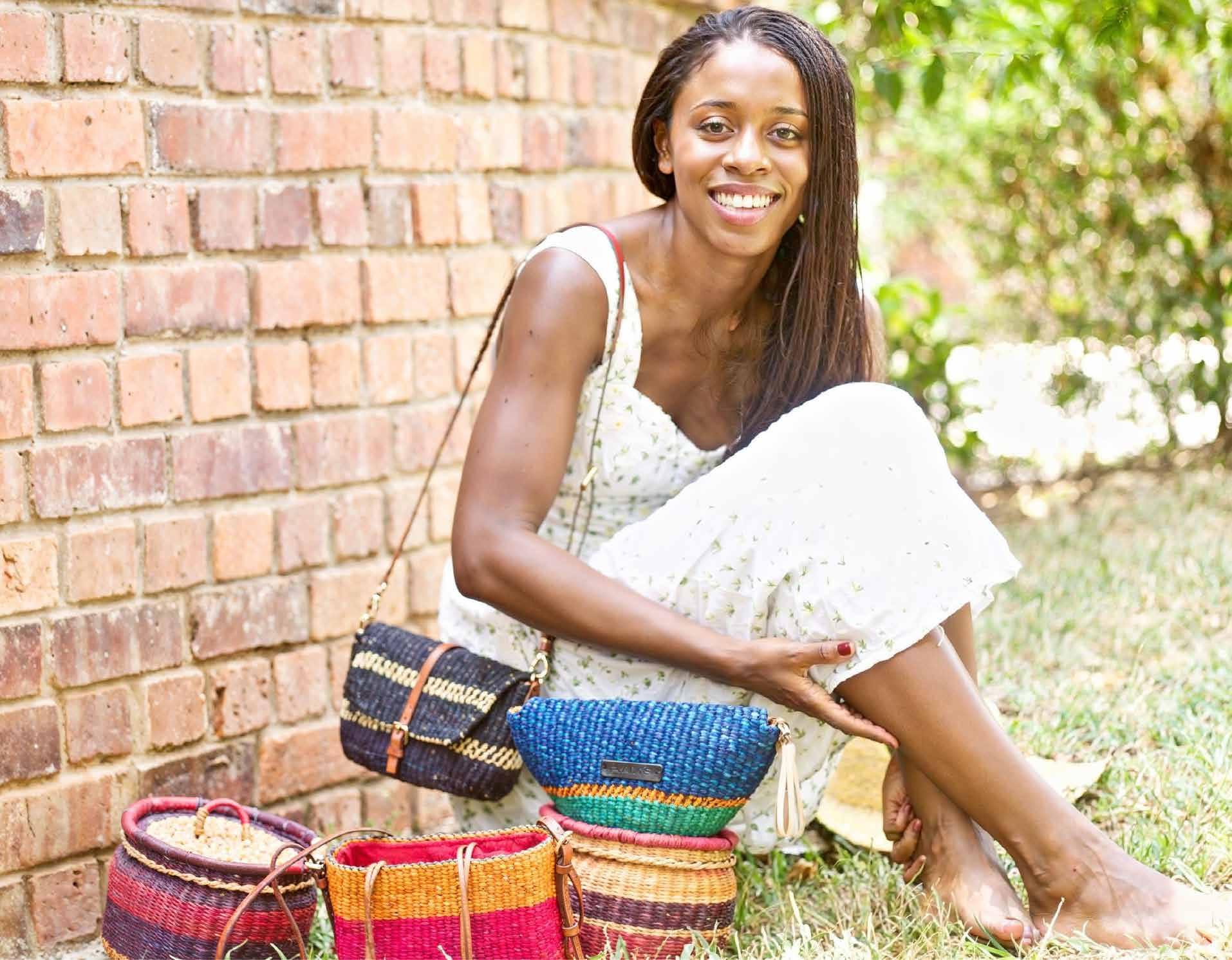
Akosua Afriyie-Kumi
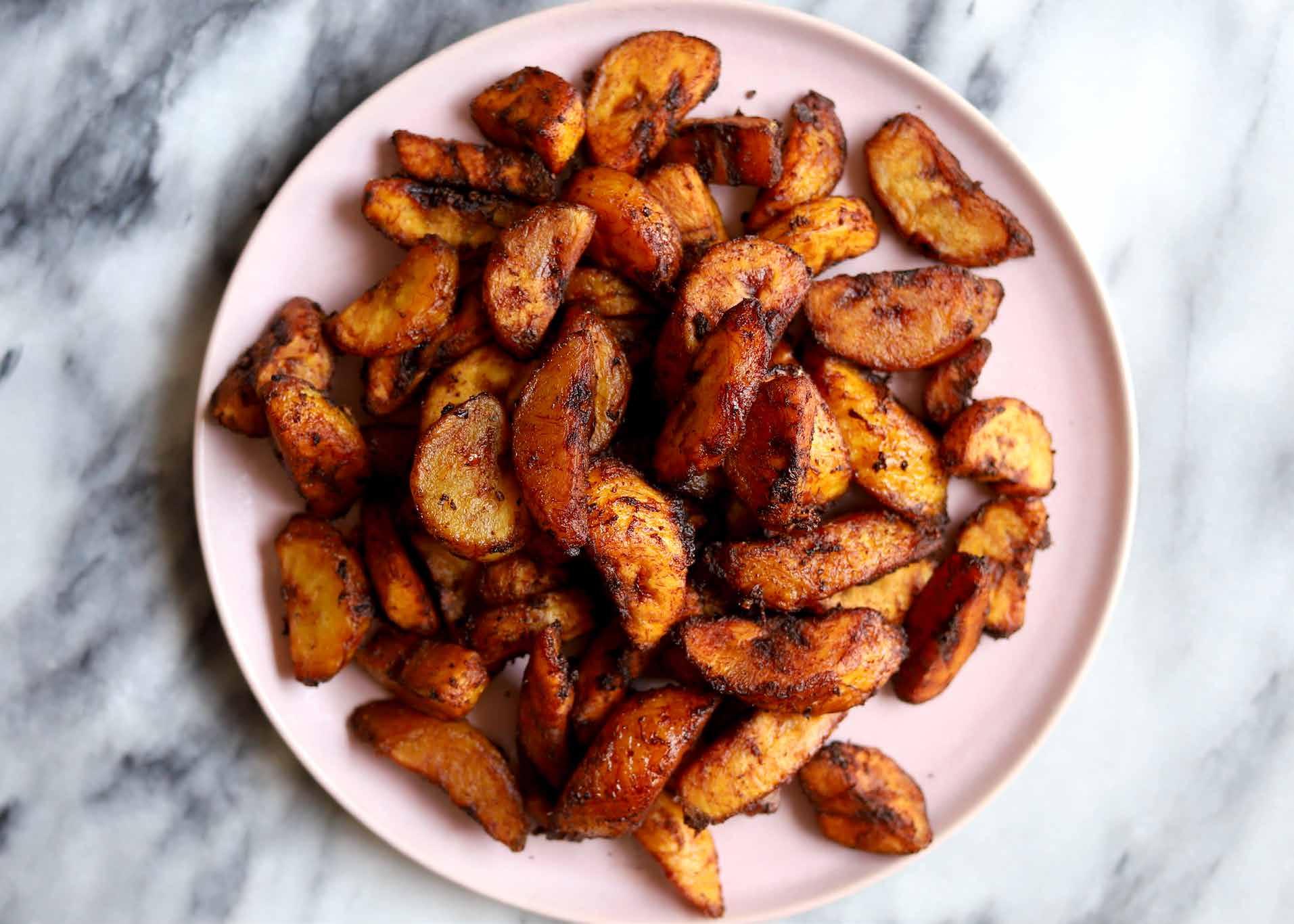

Across Ghana, Nigeria, and Ivory Coast, fried plantain is a staple that brings people together. Whether spicy, simple, or served with sauce, each country has its own unique twist on this beloved dish.
Ghana: Kelewele – The Spicy Favorite
In Ghana, fried plantain transforms into Kelewele, a bold street snack. Ripe plantains are diced, marinated with ginger, cayenne, anise, and nutmeg, then deep-fried until crispy. Often paired with roasted peanuts, it’s a late-night favorite across Accra’s busy streets.
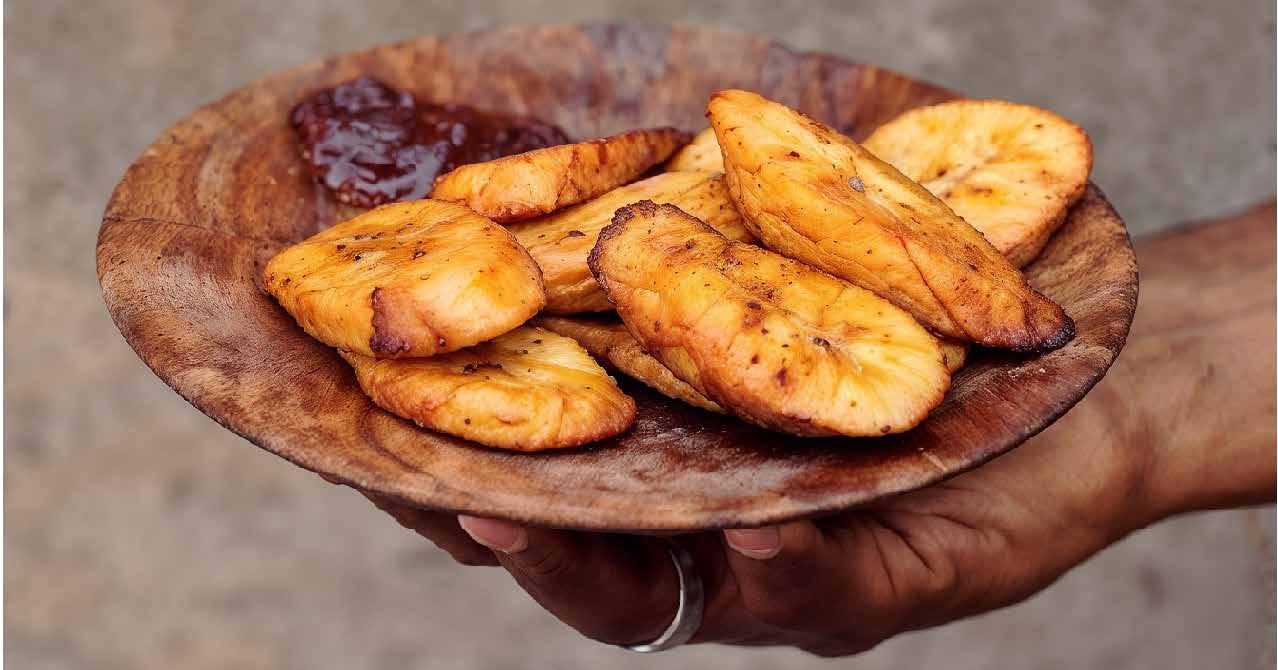

Nigeria’s Dodo is all about letting the plantain shine. Sliced into thin rounds or diagonals, it’s lightly salted and fried in vegetable oil until golden brown. Served with rice, eggs, or beans, it’s a staple in Nigerian homes, bringing warmth to everyday meals.
Ivorians take it further with Alloco, where plantains are fried in red palm oil, giving them a richer color and deeper taste. Paired with a spicy tomato-onion sauce and grilled fish, it’s a coastal favorite full of bold flavors.
No matter the preparation, fried plantain is more than just food—it’s culture, nostalgia, and comfort. From Ghana’s spice to Nigeria’s simplicity to Ivory Coast’s bold pairings, this dish is a symbol of shared traditions across West Africa.
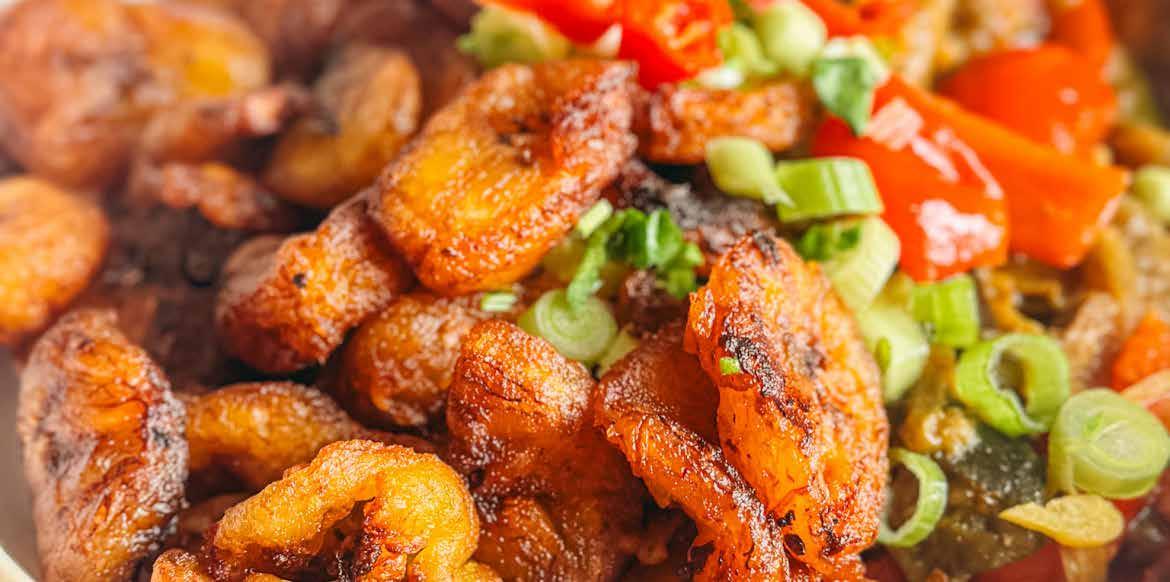
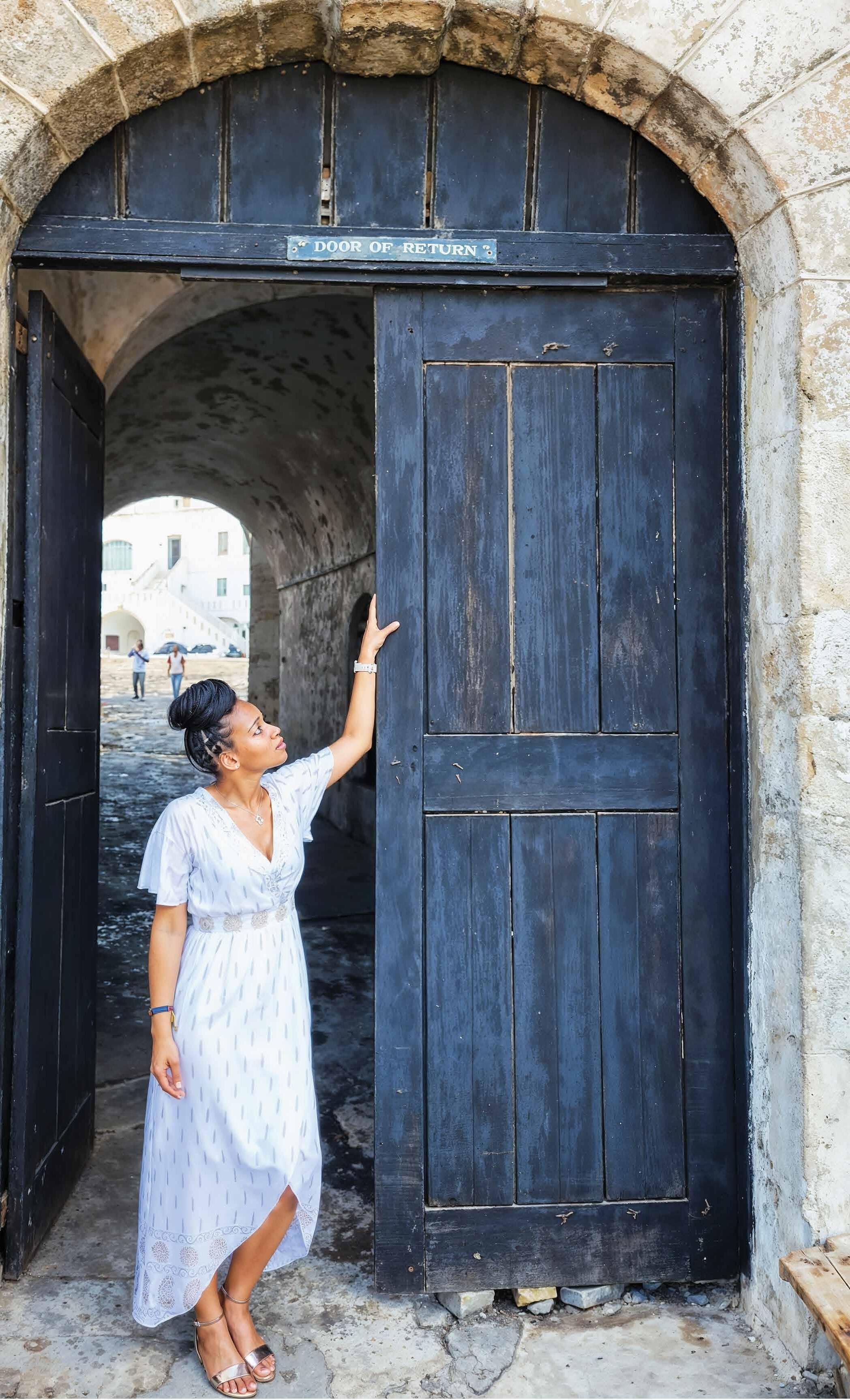
The Birth of Black History Month
Black History Month traces its origins to the United States, where it was founded by African American historian Carter G. Woodson in 1926 as Negro History Week. His goal was simple but profound: to highlight the achievements, struggles, and contributions of Black people throughout history—narratives that had long been ignored or misrepresented.
Woodson chose February because it coincided with the birthdays of Abraham Lincoln and Frederick Douglass, two key figures in the fight against slavery. Over time, the movement grew, and by 1976, it expanded into Black History Month, gaining official recognition in the U.S., Canada, and later the UK.
But while its roots lie in the diaspora, Black History Month is deeply connected to Africa—a continent whose stories, legacies, and people shaped the very history that this month seeks to honor.
Though traditionally observed in Western countries, the relevance of Black History Month in Africa is undeniable. The continent is not just the ancestral homeland of millions across the diaspora—it remains a living, breathing force of Black history itself.
For centuries, Africa’s history was told through a colonial lens, often minimizing its vast civilizations, innovations, and influence on the world. Black History Month presents an opportunity for Africans to reclaim their stories and highlight pre-colonial empires, indigenous knowledge, and cultural resilience that shaped the global Black identity.
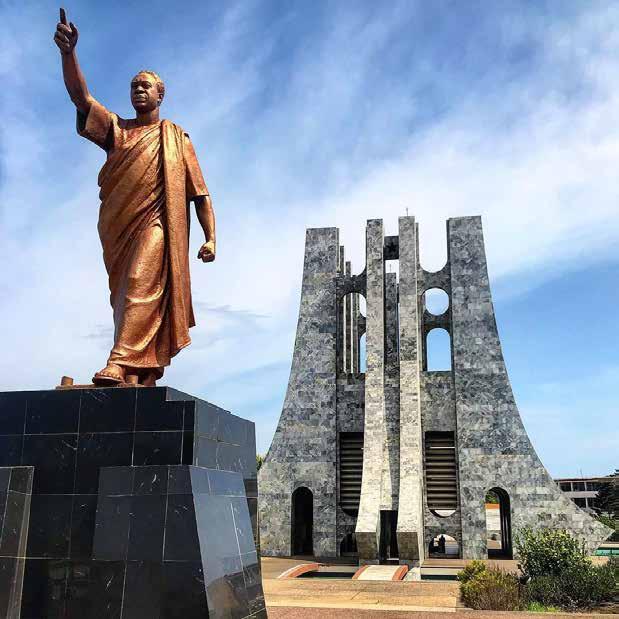
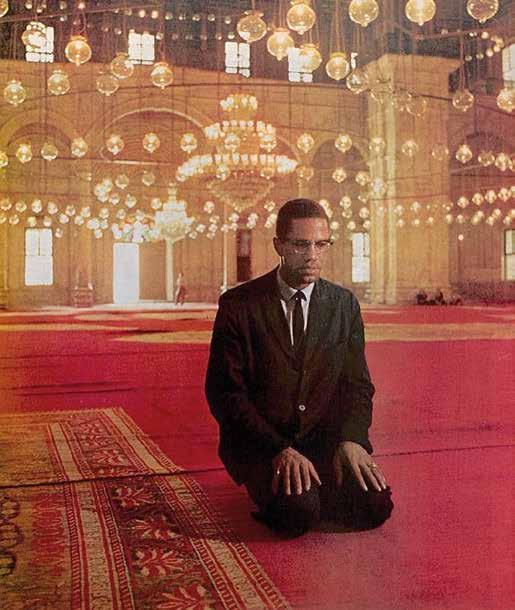
Africa is at the heart of Black identity worldwide. In recent years, countries like Ghana, Senegal, and Benin have actively encouraged the diaspora to reconnect with their roots. Ghana’s Year of Return (2019) and Beyond the Return initiatives saw thousands of African Americans and Caribbeans visiting, many choosing to settle and invest in the country. Black History Month deepens this connection, encouraging more engagement between Africa and its global descendants.
While Black History Month often highlights diaspora icons like Malcolm X, Rosa Parks, and Martin Luther King Jr., Africa has produced revolutionaries, freedom fighters, and thought leaders who shaped history just as profoundly:
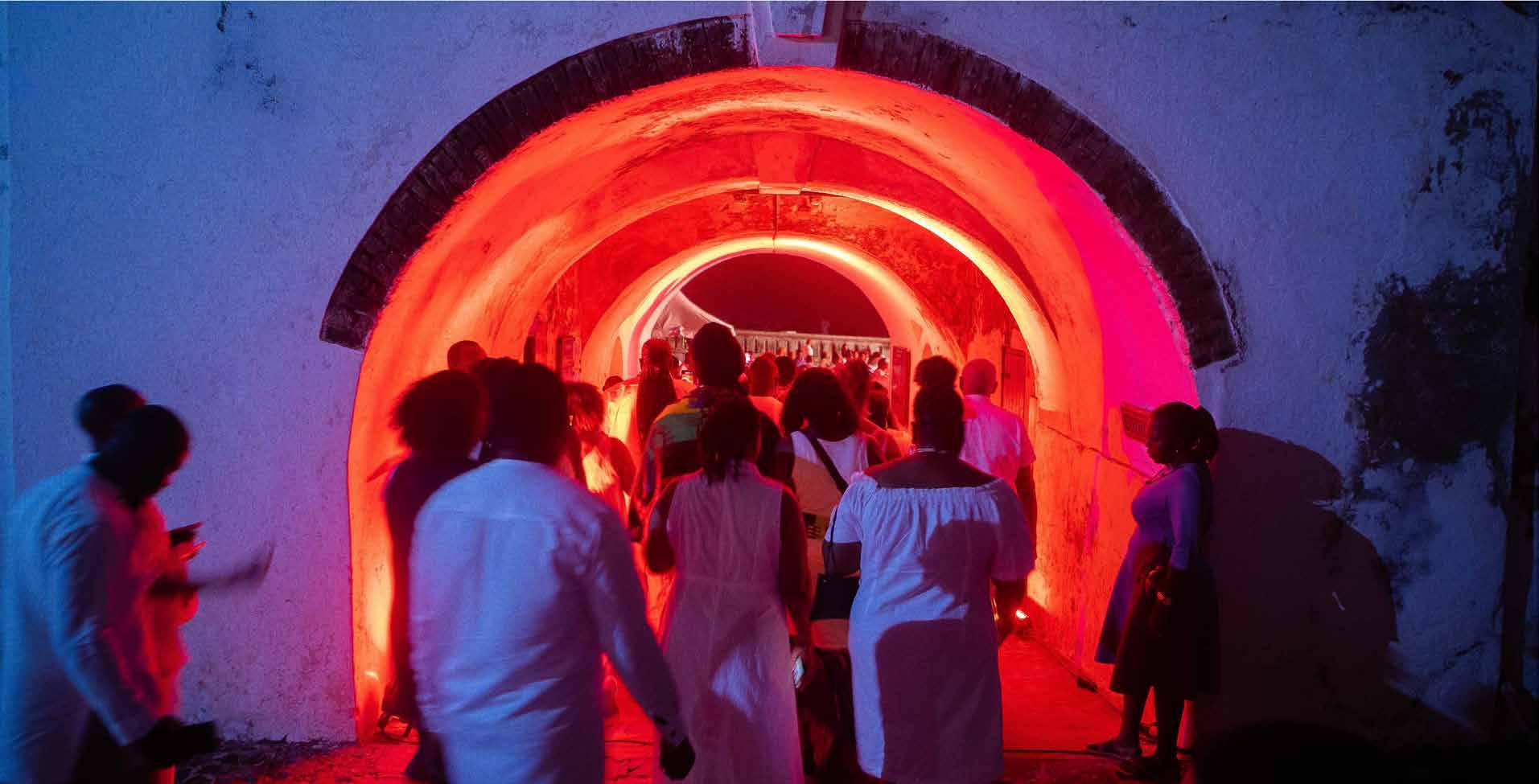
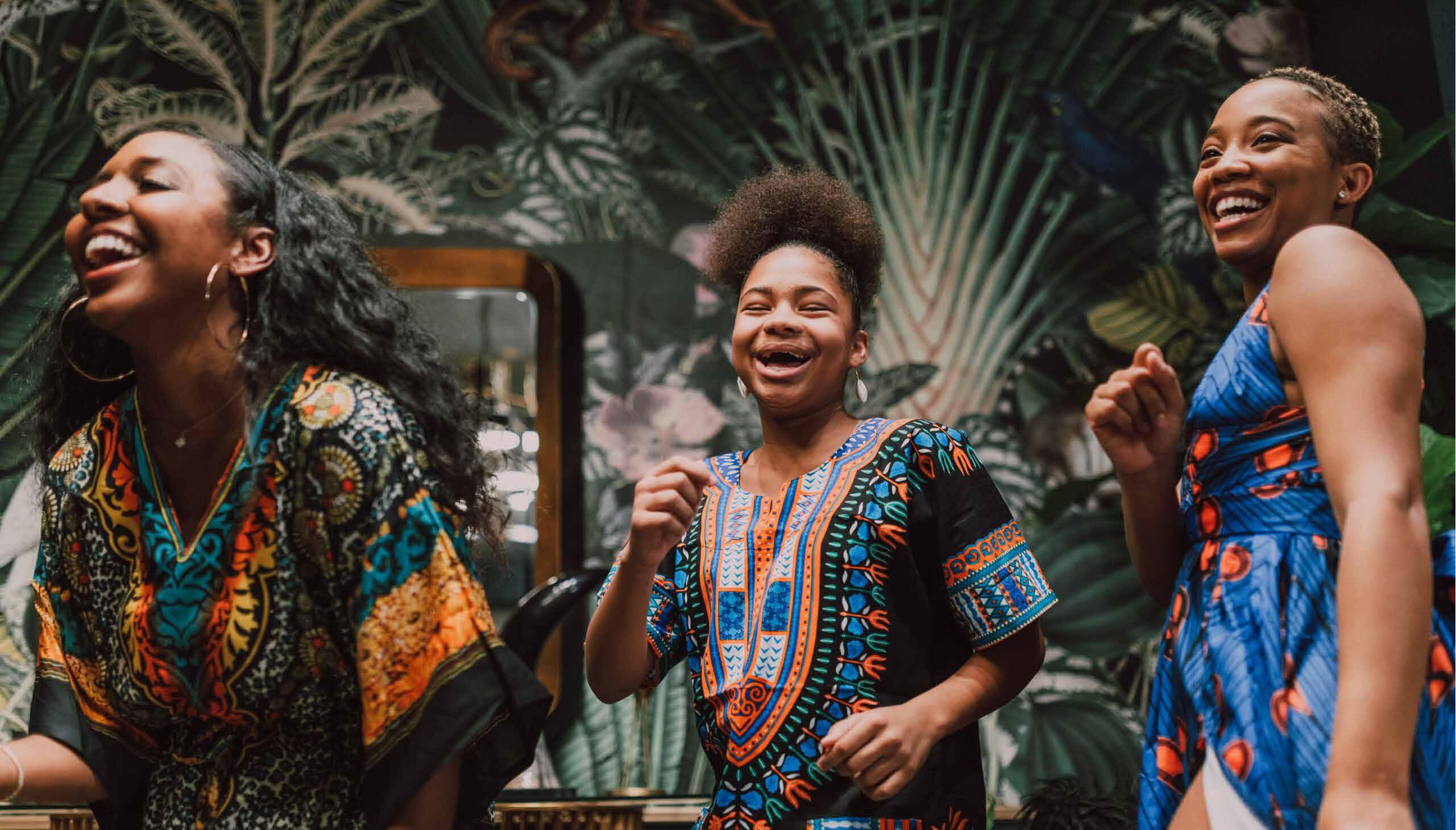

Kwame Nkrumah (Ghana) Leader of Pan-Africanism and Ghana’s independence movement.
Thomas Sankara (Burkina Faso) A visionary anti-colonial leader.
Miriam Makeba (South Africa) Global anti-apartheid activist through music.
Amílcar Cabral (Guinea-Bissau & Cape Verde) A strategist in Africa’s liberation movements.
Recognizing these figures during Black History Month brings balance to the global narrative of Black excellence.
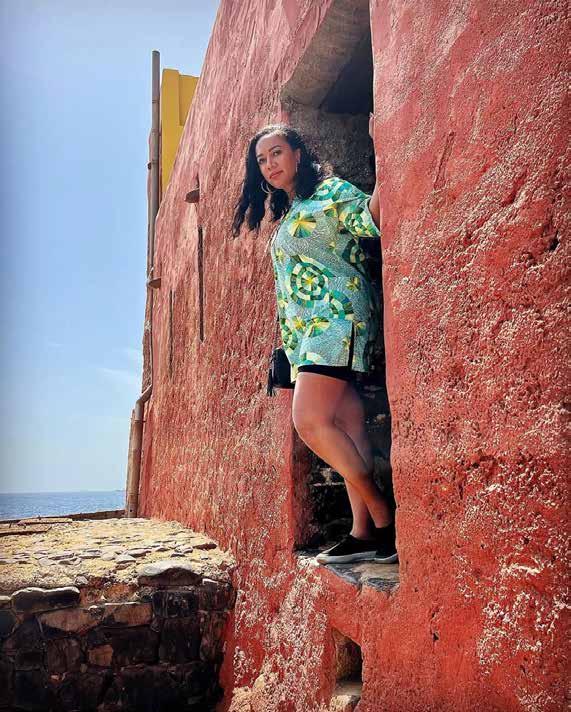

Black History Month in West Africa: How It’s Celebrated
Though not widely institutionalized, Black History Month observances are growing in Africa, especially in West African countries with strong diaspora ties.
Ghana Universities, cultural centers, and heritage organizations host discussions, art exhibitions, and historical tours focused on the African roots of Black history.
Senegal & Benin Known for their slave trade history, these countries use February to highlight their roles in the African diaspora’s past, often holding memorials at Goree Island and Ouidah’s Door of No Return.
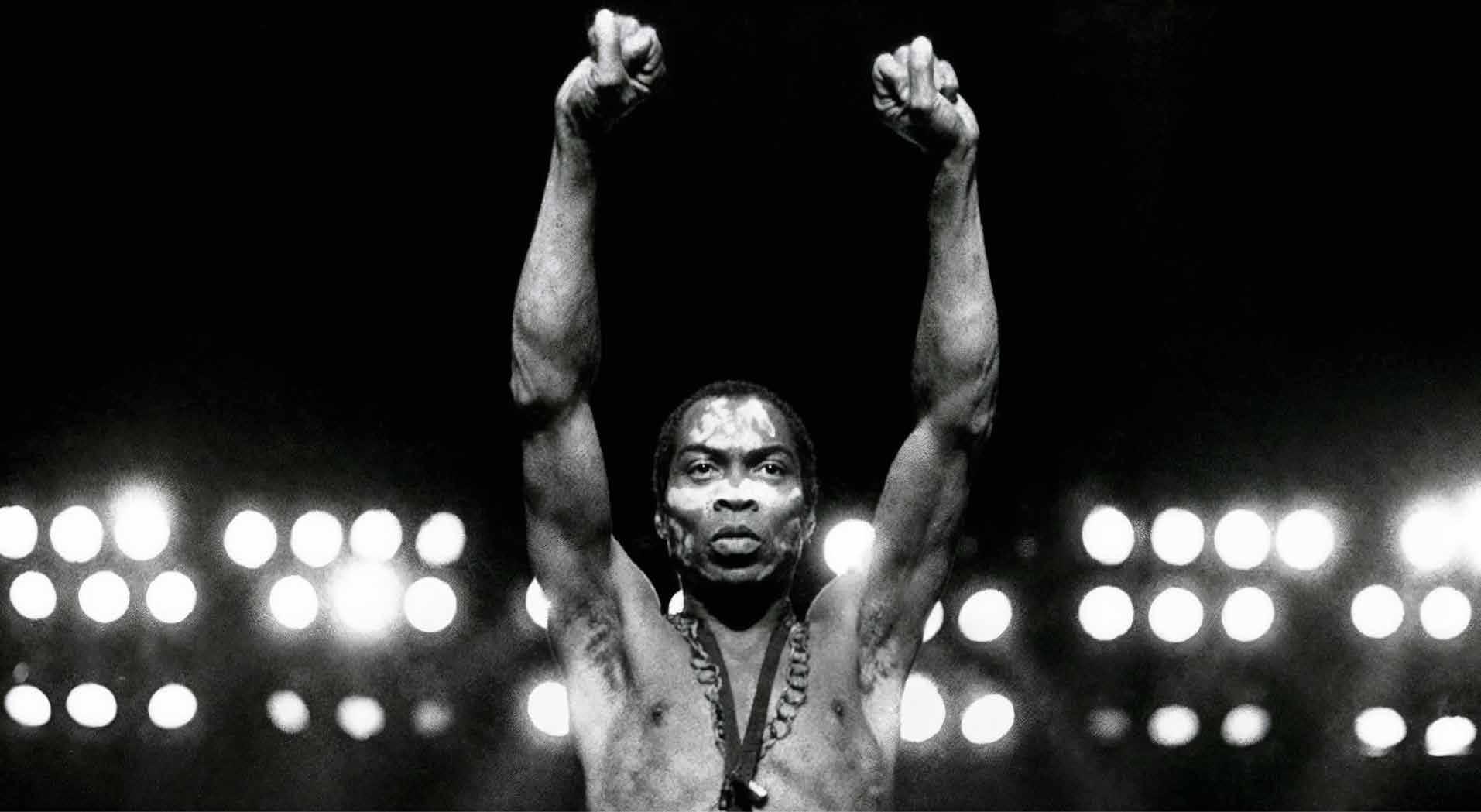

Nigeria Home to Nollywood and Afrobeat, Nigeria often amplifies African storytelling during Black History Month, celebrating figures like Fela Kuti and Chinua Achebe.
As more African countries recognize the impact of their history on the diaspora, Black History Month continues to grow as an opportunity for education, cultural exchange, and reconnection.
Moving Forward:
Black History as a Year-Round Celebration
While February is a dedicated month for Black history, its lessons must extend beyond four weeks. Across Africa, there is still work to be done in:
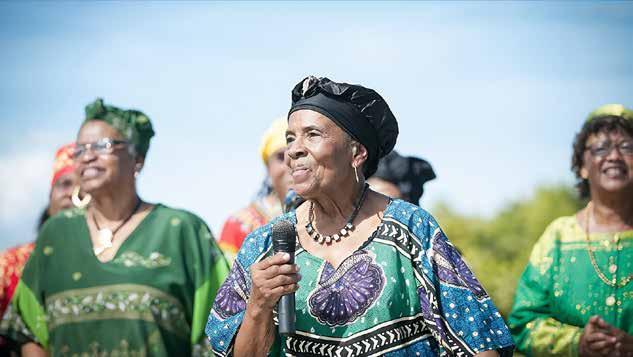
• Decolonizing school curriculums – Teaching African history before colonialism.
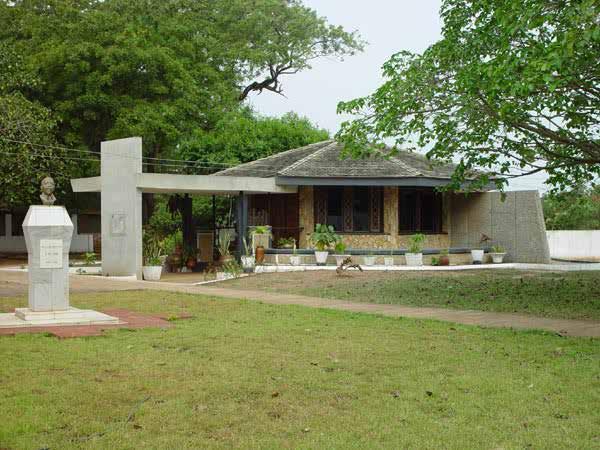
• Strengthening diaspora engagement – Encouraging heritage tourism, investment, and dual citizenship programs.
• Elevating African voices – Promoting African authors, historians, and filmmakers in the global Black history movement.
Africa is not just part of Black history—it is the foundation of it. As Black History Month continues to evolve, its story is incomplete without Africa’s perspective. By embracing and amplifying these connections, Africa and the diaspora can move forward together in unity, pride, and shared progress.
lisa folawiyo


Lisa Folawiyo is transforming Ankara fabric into high-end fashion, blending traditional prints with modern luxury. As the founder of Jewel by Lisa, she has reimagined African textiles with intricate beadwork, embroidery, and bold silhouettes, setting a new standard for contemporary African fashion.
Her designs have graced runways in Lagos, Paris, and New York, earning features in Vogue, Elle, and The New York Times. Celebrities like Lupita Nyong’o and Solange Knowles have embraced her style, bringing African fashion into the global spotlight.
Beyond fashion, Folawiyo is mentoring the next generation of African designers while expanding her brand’s influence worldwide. She continues to prove that African textiles are not just tradition—they are luxury, art, and a driving force in the global fashion industry.
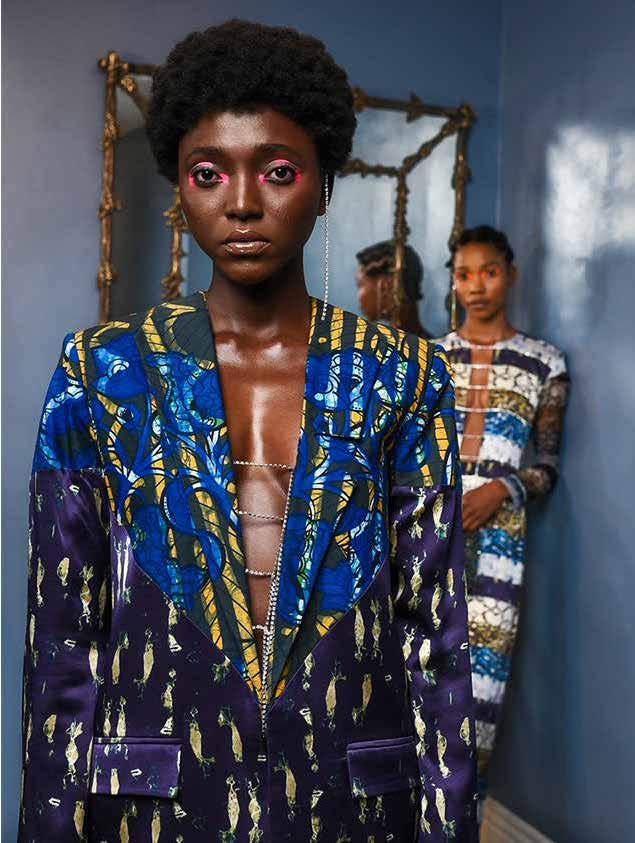

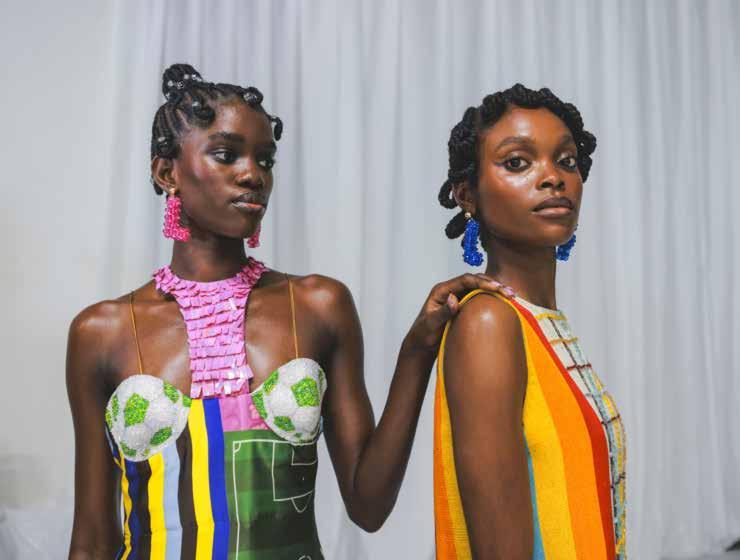


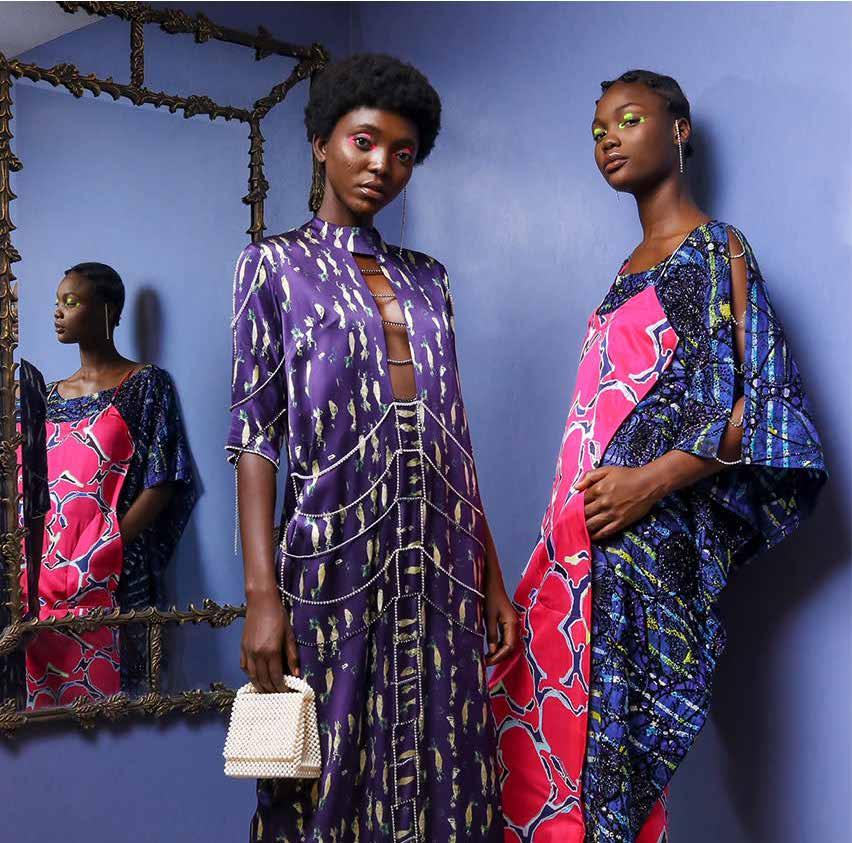


After a temporary suspension, Virgin Atlantic is resuming direct flights between London Heathrow and Accra from May 2025, a significant move that strengthens Ghana’s position as a key gateway to West Africa.
What This Means for Travelers
• More travel options for tourists and business travelers.
• Increased connectivity for the Ghanaian diaspora in the UK.
• A boost to Ghana’s tourism and trade industries.
With more international carriers prioritizing Accra, the city is set to become a major travel hub in the region.



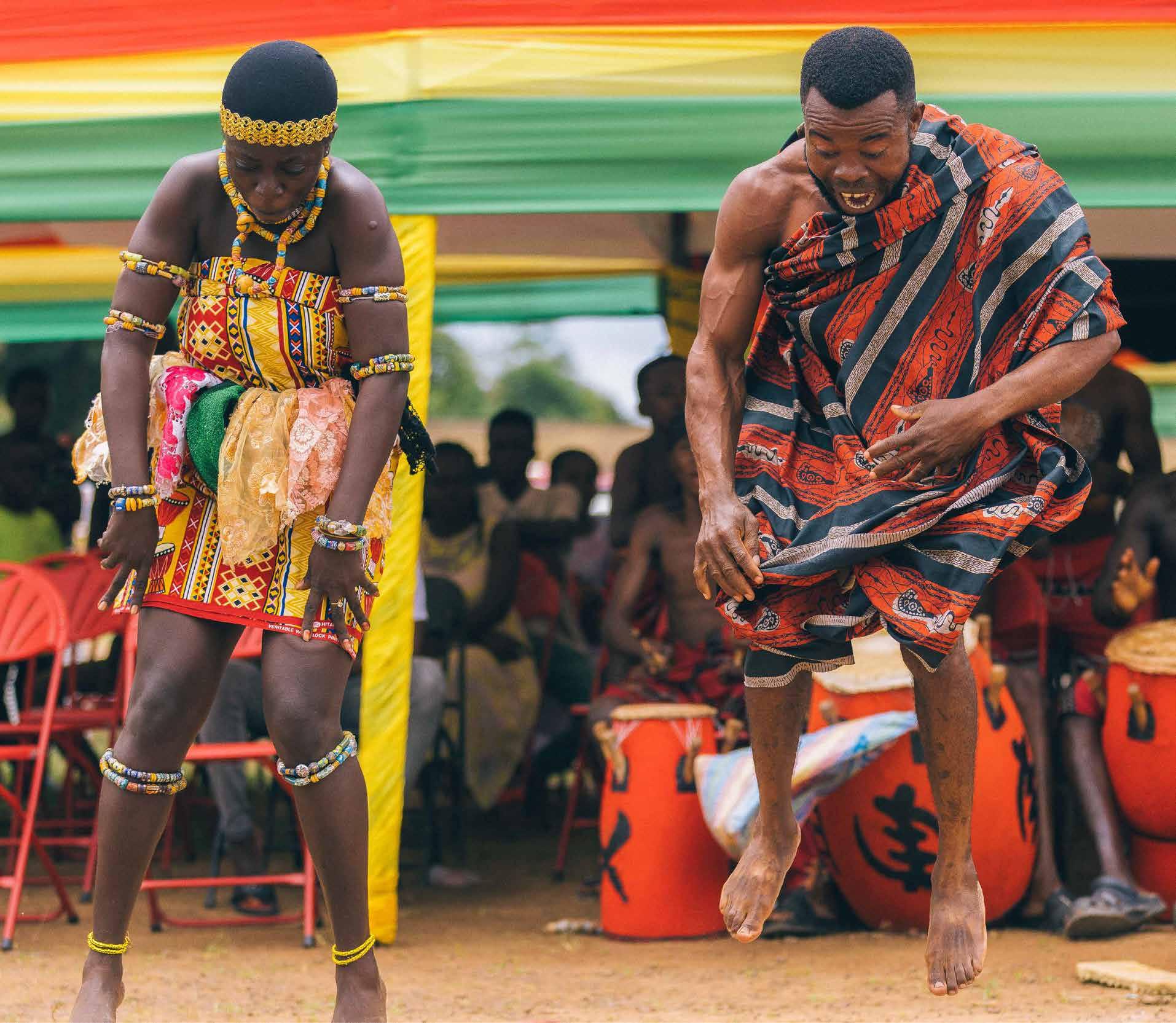
Panafest Durbar
13 days from $2,626 per person sharing, land package only
Embark on a 13-day cultural journey through Ghana, Togo, and Benin, exploring West Africa’s deep history, traditions, and spiritual heritage. Timed around Panafest, this tour offers an experience of ancestral reconnection celebration.
Why Choose This Tour?
✨ Immerse yourself in West Africa’s rich cultural heritage
✨ Engage in ancestral reconnection & traditions
✨ Experience Panafest and Emancipation Day
✨ Visit iconic sites & vibrant cultural hubs
�� Book Your Spot Today & Honor the Past While Embracing the Future!
�� Terms and Conditions apply.
Refer to our website for more information.
Your Tour Price Includes
• Accra City Tour – Visit the W.E.B. Du Bois Center, and Kwame Nkrumah Memorial Park
• Slave Dungeon Experience – Explore Elmina & Cape Coast Castles, powerful reminders of the trans-Atlantic slave trade
• Panafest Celebration – Participate in Reverential Night, Emancipation Day Durbar, and candle light processions at Assin Manso
• Kumasi City Tour – Discover the Ashanti Kingdom, Manhyia Palace, traditional craft villages
• Living Heritage Ceremony – Receive a traditional Ghanaian name at Torgorme Village
• Lomé City Tour – Explore Togo’s capital, its markets, and cultural landmarks
• Voodoo Festival in Benin – Witness a private Voodoo ceremony with rituals and dances
From $2,626
�� From $2,626 per person (double occupancy)
�� Minimum Group Size: 6 travelers
✈ Airfare not included (but can be arranged)
�� Book Now, Experience Culture & Heritage!
6th-15th
